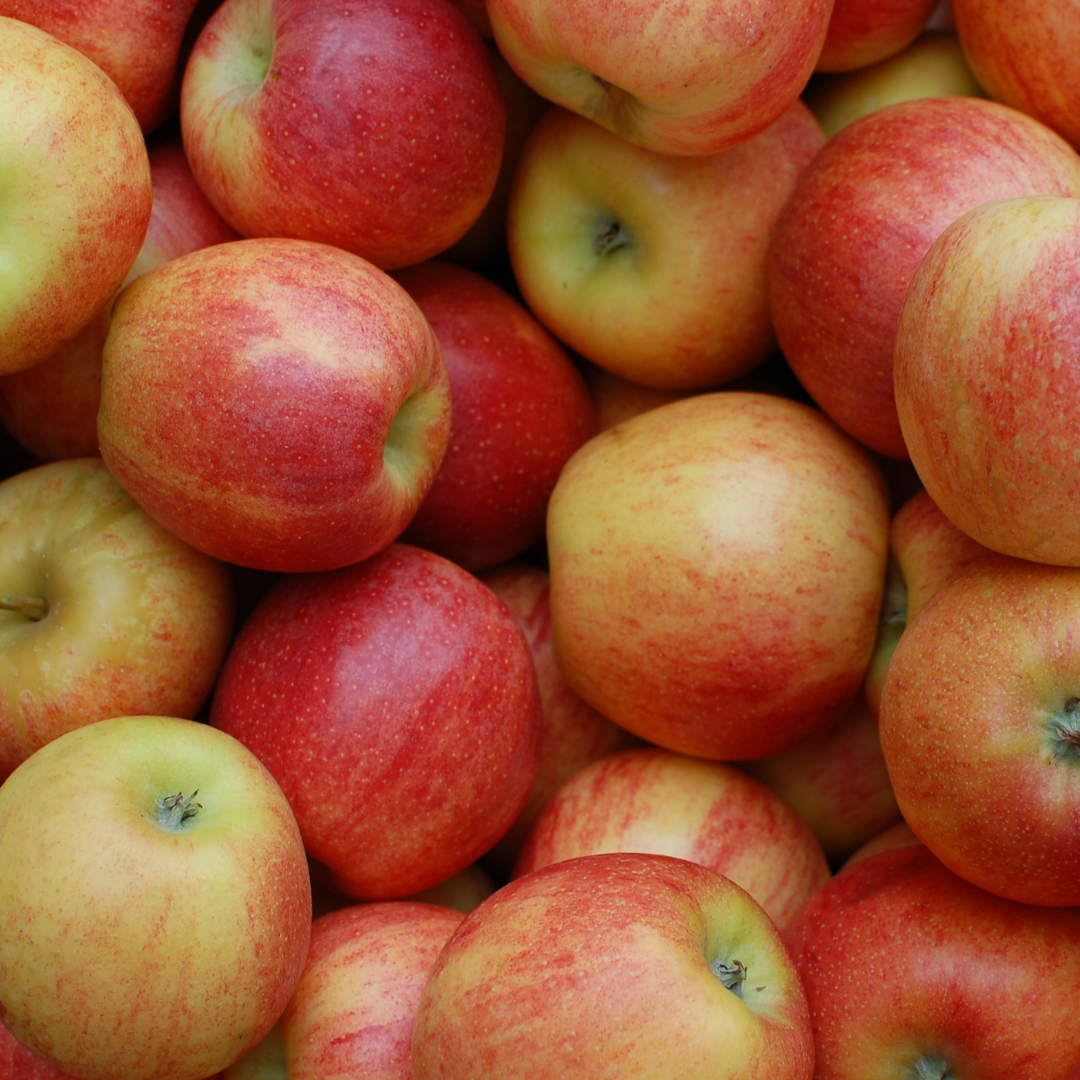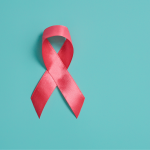
The Science Behind an Apple a Day
The Science Behind an Apple a Day
 Nancy A. Palermo MD
Nancy A. Palermo MD
Everyone knows the saying” An apple a day keeps the doctor away” but current research into the power of food shows there are real reasons this powerful fruit might just reduce your doctor visits.
Apples are nutritional power houses providing 4 gm of fiber, Vitamin C, and K but more importantly one apple can provide 22% of the phenolic antioxidants. Antioxidants are compounds that help to neutralize free radicals in the body which can lead to tissue damage. Getting sufficient antioxidants is associated with reduction in cancer cell proliferation, reduction in damage to our DNA, reduction of lipid oxidation and cholesterol reduction leading to reduction in cancer and heart disease.
One medium size apple contains less than 100 calories and up to 4 gm of fiber. The fiber provided in an apple has been shown to aid in digestion and bind to fats and sugars in the digestive tract helping to reduce their absorption. This explains why apples intake has been associated with a reduction in heart disease and diabetes.
Apples contain 4 significant antioxidants, including catechin, phlorizin, chlorogenic acid and quercetin. Quercetin has received a lot of attention during this pandemic because of its ability to regulate the immune system and specifically in its ability to stabilize the inflammasome in its reaction to the COVID 19 virus. Quercetin also reduces symptoms associated with allergies and asthma. It is felt to do this through its stabilization of mast cells, the cells responsible for releasing histamine in an allergic response. A study in the Journal of Clinical Nutrition looked at over 1600 patients with allergies and asthma in Australia. They found when individuals consumed at least 2 apples a week they had a reduction in asthma incidents and overall allergy symptoms. Just think what an apple a day could do for these allergy sufferers.
Apples and pears also contain a substance called pectin. Pectin is an excellent prebiotic source. Prebiotics are food for your good bacteria. Prebiotics, like pectin are especially important because they allow your good gut bacteria to make short chain fatty acids (SCFAs) like butyrate and propionate. Butyrate has been proven to reduce inflammation and to provide energy for gut mucosal cells in the large intestine. Propionate has also been shown to reduce systemic inflammation but has more recently been shown to reduce visceral fat. Did you get that? Yes, this powerful SCFA reduces the fat around your middle and especially around your organs. This is the most dangerous form of fat collection. Pectin is also a natural soluble fiber and can provide a mild laxative effect. Pectin can help to bind fats, sugars and even toxins in the gut helping to reduce absorption and to increase in removal.
Enough said – an apple a day makes perfect sense but before you go and buy a bushel be sure to get organic apples.
Apples are repeatedly found on the EWG “Dirty Dozen” list because of the high pesticide use. Also do not even think about peeling or juicing your apple. Most of the beneficial ingredients listed are found in the apple peel. Peeling and juicing remove these benefits. Keep it simple and just eat the apple au naturale.



